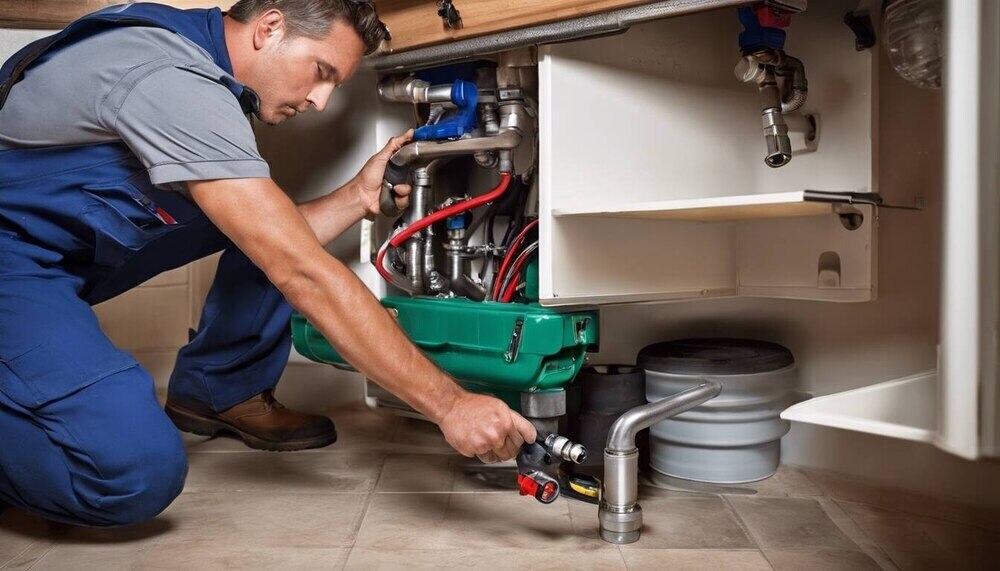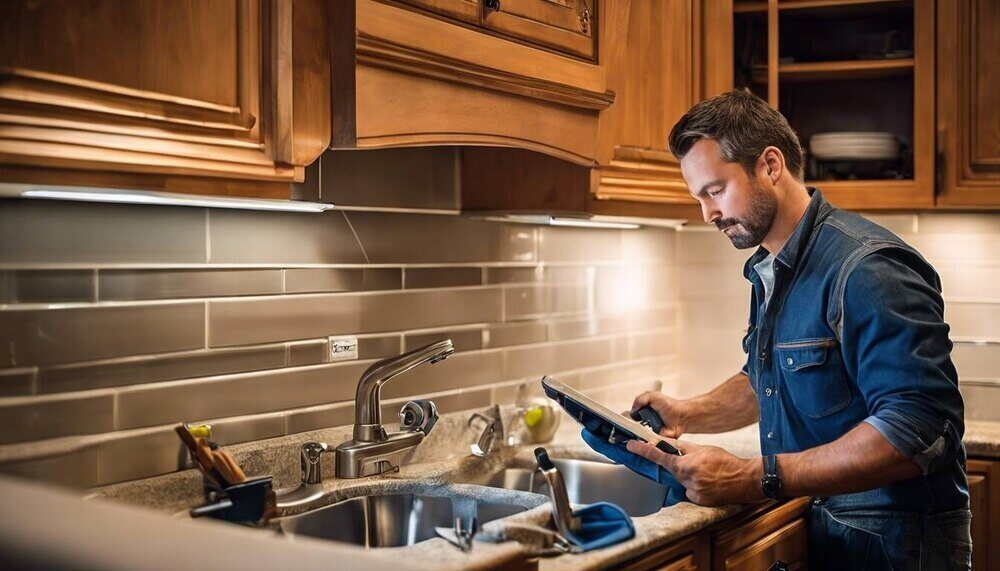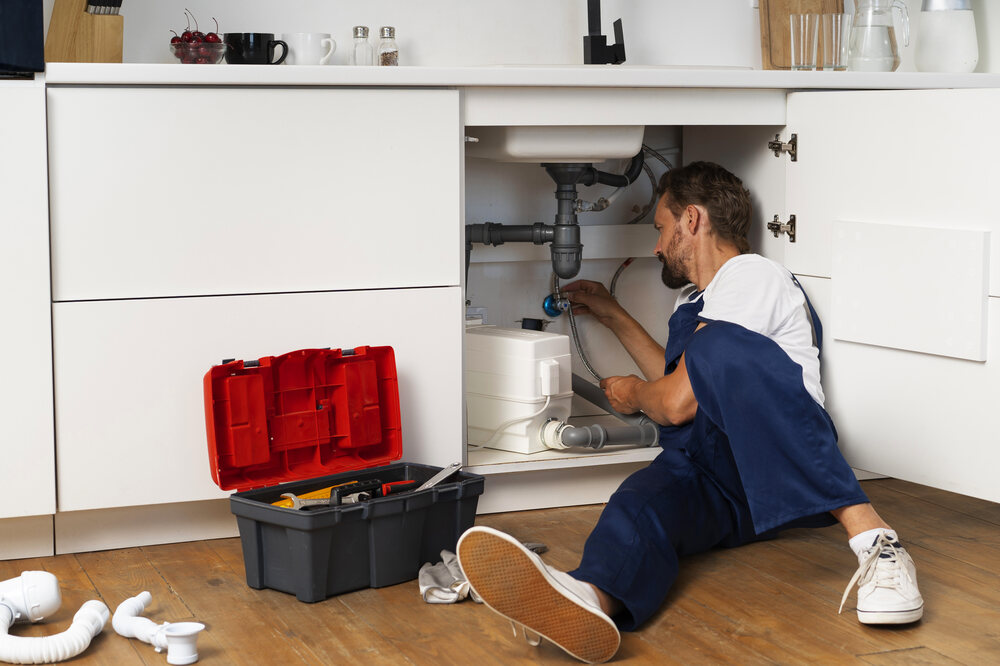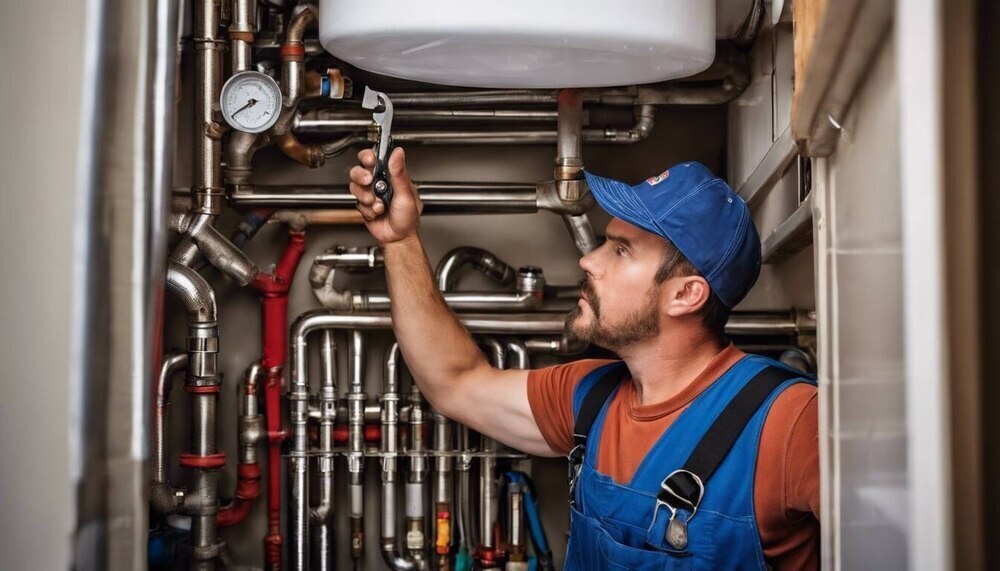
As the popularity of Accessory Dwelling Units (ADUs) grows across the United States especially in areas like California understanding the plumbing code requirements for ADUs has become essential for homeowners, builders, and developers alike. At Anytime Plumbing, we’ve worked with many property owners looking to expand their living space or generate rental income through ADUs, and ensuring compliance with local plumbing codes is one of the most important steps in the process.
Why Plumbing Codes Matter for ADUs
ADUs, often referred to as granny flats, in-law suites, or backyard cottages, require their own plumbing infrastructure. This includes water supply lines, drainage systems, venting, and sometimes gas piping, all of which must adhere to municipal and state plumbing codes. Failure to comply can result in failed inspections, costly redesigns, or even legal issues.
Plumbing codes exist to ensure safety, functionality, and environmental responsibility. For ADUs, which often exist in tight spaces or as add-ons to existing properties, adhering to these codes helps prevent cross-contamination, water pressure issues, and potential health hazards.
Water Supply Requirements
Each ADU must have an independent and sufficient water supply. Depending on local jurisdiction, this may require a separate water meter or an extension from the primary dwelling’s system. The size and length of the supply line must be adequate to support the water demands of the new unit, which typically includes a kitchen, bathroom, and laundry area.
Pressure regulation is another key aspect. Plumbing codes mandate minimum and maximum pressure limits to ensure appliances work efficiently without risking pipe damage or leaks. A licensed plumber from Anytime Plumbing can assess the existing infrastructure and determine if a pressure-reducing valve or booster pump is necessary.

Drainage and Waste Systems
One of the most critical elements in ADU plumbing is the drainage and waste system. This includes proper slope, pipe sizing, and venting to ensure waste water flows efficiently to the main sewer or septic system.
According to most local plumbing codes, all fixtures in an ADU including toilets, showers, sinks, and washing machines must connect to an approved drainage system. These connections need to be properly vented to prevent sewer gases from entering the living space and to ensure wastewater doesn’t back up into fixtures.
In some cases, existing sewer systems may need to be upgraded or extended to accommodate the new unit. Anytime Plumbing conducts thorough inspections to help clients understand what changes might be required to stay code-compliant.
Water Heater Regulations
Plumbing codes also set standards for water heater installation in ADUs. These standards cover location, seismic strapping (especially in earthquake-prone regions like California), venting, and access for maintenance. The water heater must be appropriately sized to meet the needs of the ADU, whether it’s a tank-style or tankless unit.
Energy efficiency requirements often apply as well. Many jurisdictions follow California’s Title 24 or similar standards that promote the use of high-efficiency models. Anytime Plumbing can guide homeowners through choosing and installing the right unit to meet these requirements.
Backflow Prevention and Cross-Connection Controls
To protect drinking water, plumbing codes require backflow prevention devices in certain installations. ADUs that have irrigation systems, fire sprinklers, or separate water meters may fall under this requirement. Cross-connection control ensures that potable water doesn’t get contaminated by backflow from non-potable sources.
Our team at Anytime Plumbing installs and tests backflow prevention devices to ensure full compliance with code and public health standards.

Gas Piping and Appliance Installation
If the ADU includes gas appliances such as a stove, dryer, or water heater, the gas piping must also comply with code. This includes proper pipe sizing, leak testing, and appliance venting. Permits and inspections are typically required for this work.
Improper gas line installation can lead to serious safety hazards, including gas leaks or explosions. Anytime Plumbing is certified to handle gas installations safely and according to code.
Permitting and Inspection
Lastly, homeowners must obtain the necessary permits before beginning any plumbing work on an ADU. Most cities require detailed plans that show plumbing layouts and fixture locations. These plans are reviewed by inspectors to ensure they meet code.
Final Thoughts
Building an ADU is an exciting investment, whether it’s for rental income, family use, or increasing property value. However, navigating the plumbing code requirements can be complex without the right guidance. Anytime Plumbing specializes in helping homeowners bring their ADU visions to life while maintaining full compliance with all plumbing regulations.
